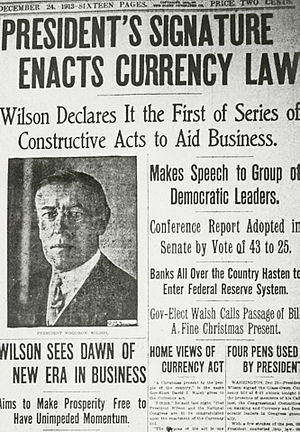In America, we don’t have a free market — we have a government-saturated economy in which
oil companies and other corporations have a cozy relationship with politicians and bureaucrats
(isn’t there a word for that kind of governance?)That’s wrong, but even that can’t explain the recent run-up in prices. Oil companies today are no more greedy or clever than they have been all along.We have to look for a better explanation — and it isn’t hard to find. Demand for oil rises with the growth of China, India and other developing countries. When poor people get a little richer, they buy cars, computers and refrigerators. They burn more fuel to make them and to run them. Rising demand, other things being equal, increases prices.
The evil oil-speculator theory also runs up against the fact that the Federal Reserve’s inflationary policies (QE2) and other factors have continued the dollar’s slide against foreign currencies — to a three-year low. As the dollar loses value, oil sellers demand more for their product. “Commodities, along with most traded goods globally, are priced in dollars,” former Federal Reserve official Gerald P. O’Driscoll of the Cato Institute writes. “It is the old story of too much money chasing too few goods.”
If Sen Bernie Sanders (self professed socialist, VT) and other economic illiterates get their way, we’ll have new laws banning “speculation.” That will raise prices further. Don’t believe me? Think back to a previous time when a Senate committee said that “speculative activity causes severe and unwarranted fluctuations in the price. …” That was in 1958, when people got upset about the price of onions. Fools in Congress addressed that problem by banning speculation on onion prices.
The result? A Financial Times analysis found that the ban made prices less stable. This year, the retail price of onions rose more than the price of gasoline — 36 versus 24 percent. Most years, the price of onions fluctuates more than other goods. No mystery there. Speculators help keep prices stable. When they foresee a future oil shortage — that is, when prices are lower than anticipated in the future — speculators buy lots of it, store it and then sell it when the shortage hits. They know they can charge more when there’s relatively little oil on the market. But their selling during the shortage brings prices down from what they would have been had speculators not acted.
Speculators are like the ants in Aesop’s “Ants and the Grasshopper” fable: They save resources for lean times. Everyone benefits because everyone has a chance to buy from them in those lean times.Speculators don’t “artificially jack up the price of oil” — they take risks. Those who guess wrong lose a lot of money
I can’t help it, all I can think of is James Taggart, Orren Boyle, Wesley Mouch, and Ellsworth Toohey
- STOSSEL: The Clueless Senator From Vermont (stossel.blogs.foxbusiness.com)
- Stossel Tackles Freeloaders (stossel.blogs.foxbusiness.com)
- Michael Martin: The Inconvenient Truth of Vermont’s Oil Speculation (huffingtonpost.com)
- Obama’s Green-Jobs Fantasies - John Stossel - Townhall Conservative (gds44.wordpress.com)
- Gas prices on the rise (seattletimes.nwsource.com)


No comments:
Post a Comment